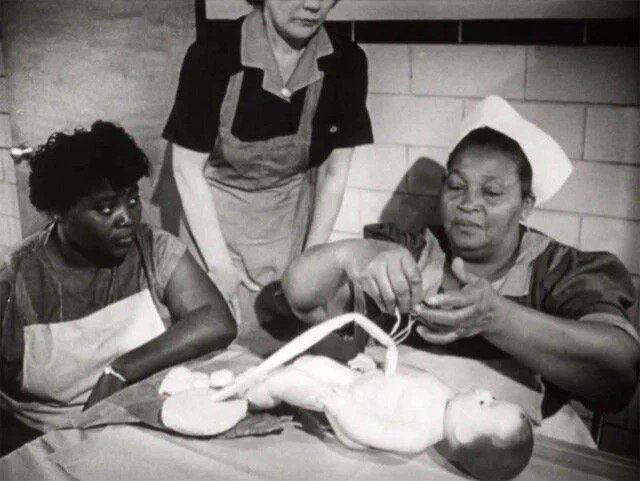
Home Birth .vs. Birth Center .vs. Hospital
No matter where you decide to deliver your baby, your birth support team will accomplish your goals and wishes for the best birth experience. Knowing the difference between the three places of birth is always good, and opening up your options based on your birth goals. When developing your birth goals, consider how you want to give birth (vaginal, induced, or c-section), pain relief, what you want to do after childbirth, etc. Some locations can’t provide everything, and they all have their differences.

Doula vs Midwife
This is a ubiquitous question; people wonder, aren’t midwives and doulas the thing?


History of Midwifery
A Midwife provides medical care throughout pregnancy, labor, birth, and the postpartum period. Midwives are the primary healthcare providers who assist you during a natural birth if difficulties don't emerge at home or birth centers. They perform gynecological exams, administer medication, monitor the mother and baby for issues, and offer medical advice to the woman related to her pregnancy and baby.

Issues in Maternal Health
When I developed this passion for birth work, I knew I would have to do a lot of research on maternal health. I’m not just talking about the anatomy of a pregnant woman, signs of labor, various pain medications used during labor, and different comfort measures to use during contractions, but looking into significant issues that society doesn’t discuss. I knew some of the crucial situations that would occur in the healthcare system, but; I wasn’t aware of how atrocious it was and how the medical system is negligent and incompetent with the care of pregnant women.

What Is A Doula?
trained and experienced in providing emotional support, physical comfort, and nonclinical advice. they draw on their knowledge and experience as they reassure, encourage, comfort, and empathize with the laboring person. they work with the partner, guiding, and assisting you on how to help, suggesting when to use particular positions, the bath or shower, and specific comfort measures.